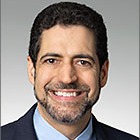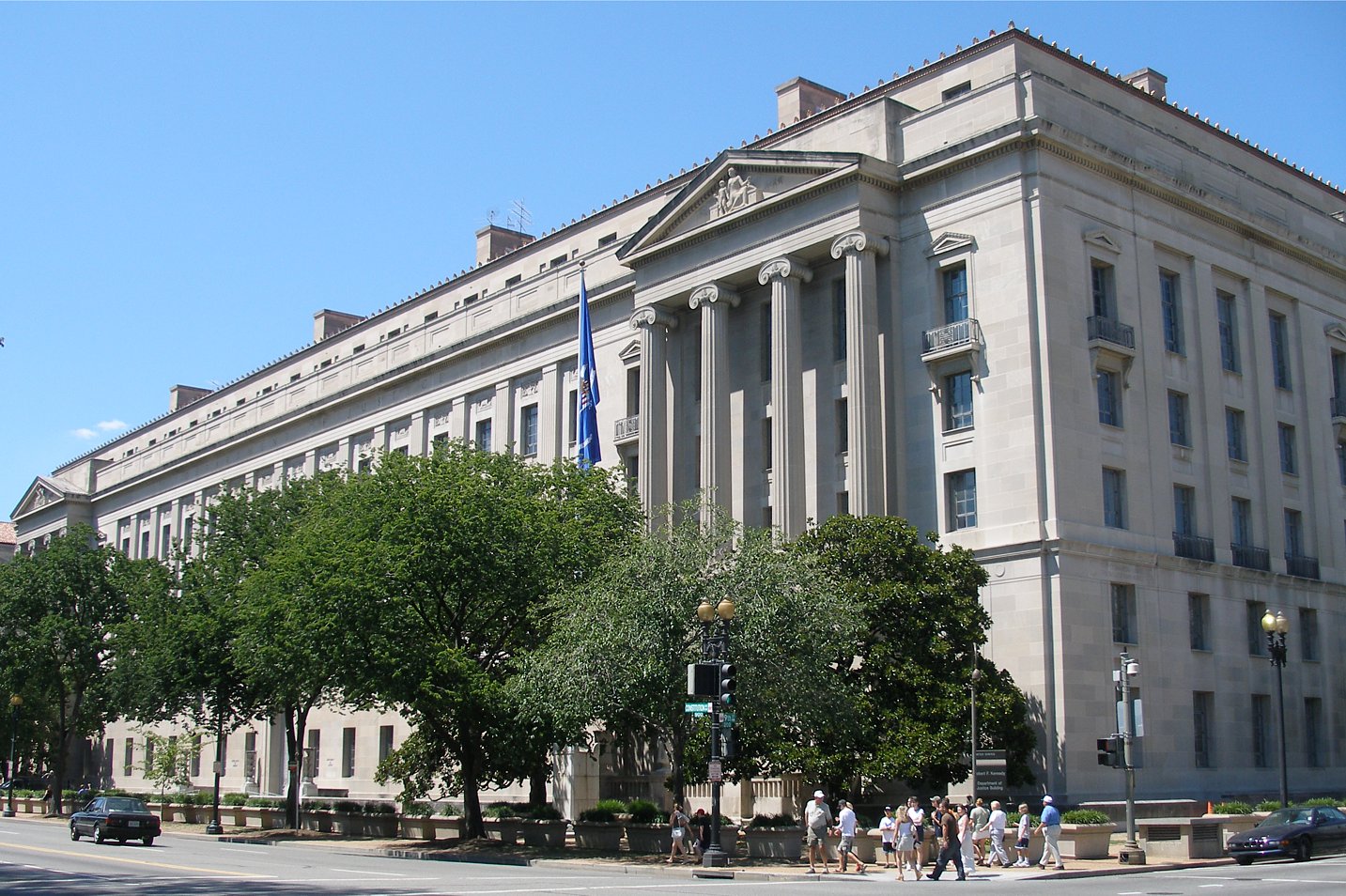Twitter Users Sue to Enjoin the President’s Twitter Blocking Based on Political Viewpoint
As previously detailed on Lawfare, the @realDonaldTrump Twitter account is no mere private account.
Published by The Lawfare Institute
in Cooperation With

As previously detailed on Lawfare, the @realDonaldTrump Twitter account is no mere private account. The President’s own spokesman, Sean Spicer, has stated that the posts of the President on @realDonaldTrump should be “considered official statements by the President of the United States.” “Covfefe” aside, the President uses his @realDonaldTrump account to speak to matters as President of the United States—such as discussing his meetings with foreign leaders, and the firing and appointment of a FBI Director, and sharing video of cabinet meetings. Courts have taken heed; the Ninth Circuit cited one of the President’s tweets in determining the purpose of the President’s “travel ban.”
The prior Lawfare post explained that the White House’s attempting to block people from receiving the “official statements” of the President based on their viewpoints is patently unconstitutional. With some 20,000 replies posted to a typical @realDonaldTrump presidential tweet, the responses to the President’s tweets undoubtedly represent a thriving public forum where citizens are engaging with the President and each other about matters of national importance. To deny an individual or an institution the right to participate in this forum affects not only her right to free speech, but it also affects the rights of the listeners—those individuals and institutions who were deprived of being able to hear the speech that was stifled.
It was only a matter of time before this landed in court. (As Benjamin Wittes used to say, tick, tick, tick…. ) And on Tuesday, a civil action was filed by Columbia University’s Knight First Amendment Institute and seven blocked Twitter users, asserting that President Trump and his staff are violating the First Amendment by blocking users on Twitter based on their viewpoints.
The Knight Institute filed the complaint in the Southern District of New York, meaning that Senior District Court Judge Naomi Reice Buchwald will soon be opining on the President’s Twitter activities. She is a well-respected Clinton appointee, who was once criticized for remarks she made about Vice Presidential candidate Sarah Palin.
The complaint details how Twitter users blocked by the President cannot see his tweets or the long reply chains that emerge from each one (at least, not without first logging out of their accounts, a work-around that is impermissibly burdensome). They also cannot reply to the President’s messages or engage in the active conversations that develop in the reply chains.
“The @realDonaldTrump account is a kind of digital town hall,” the lawsuit concludes, “in which the President and his aides use the tweet function to communicate news and information to the public, and members of the public use the reply function to respond to the President and his aides and exchange views with one another.”
Blocking users—often after they posted tweets critical of Trump—from seeing the President’s “official statements” and from participating in the active reply forum constitutes unconstitutional viewpoint discrimination, the complaint asserts. The complaint quotes from the Supreme Court’s Packingham v. North Carolina opinion, issued last month, in which the Court recognized that Facebook and Twitter provide “perhaps the most powerful mechanisms available to a private citizen to make his or her voice heard.” The Court unanimously held that a North Carolina law prohibiting sex offenders from using social media violated the First Amendment, in part because it prevented the offenders from engaging with their elected officials on those sites.
The complaint goes on to describe each of the seven individual plaintiffs and Twitter users. They range from Philip Cohen, a sociology professor at the University of Maryland, College Park, to Houston police officer Brandon Neely. Trump apparently blocked Cohen after the professor tweeted a photo containing the words “Corrupt Incompetent Authoritarian. And then there are the policies. Resist.” Neely was blocked after responding to a Trump message about the opening of a new coal mine with: “Congrats and now black lung won’t be covered under #TrumpCare.” The Knight Institute itself has not been blocked, but claims it was harmed by being unable to “hear[] the speech that the Individual Plaintiffs would have engaged in had they not been blocked.”
The Institute has also published statements from the seven plaintiffs on its website. One plaintiff, Holly Figueroa, a political organizer in Seattle, explains that she knows she could create a new Twitter account to evade the President’s block and continue commenting on his messages, but that doing so is unacceptable to her: “I’m on Twitter as myself—a person that others have come to know, whether it’s through the music I’ve worked on or my political commentary. If I protest something that the president says or does, I want to do it under my own name, not hiding in the shadows.”
Nicholas Pappas, another plaintiff, writes that it “feels like I’ve been kicked out of a place where I once had a voice, or that I was blacklisted for criticizing the president and now fewer people can hear me. As an American, that’s scary.”
And plaintiff Rebecca Buckwalter-Poza writes that being unable to see Trump tweets that spark reactions from others “has kept me from participating in critical public conversations. . . . I am prevented from engaging with others who are responding, learning their views, and sharing my own views.”
The defendants named in the complaint include President Trump, White House Press Secretary Sean Spicer and Dan Scavino, the White House social media director—all named only in their official capacities. The plaintiffs can be expected to seek a preliminary injunction to force the issue. And soon plaintiff’s counsel may be taking discovery from Spicer, Scavino, and other White House officials regarding how the Twitter account is run, who is doing the blocking, and on what basis.
So the fun has begun. To quote one of the President’s tweets: “See you in court.”




